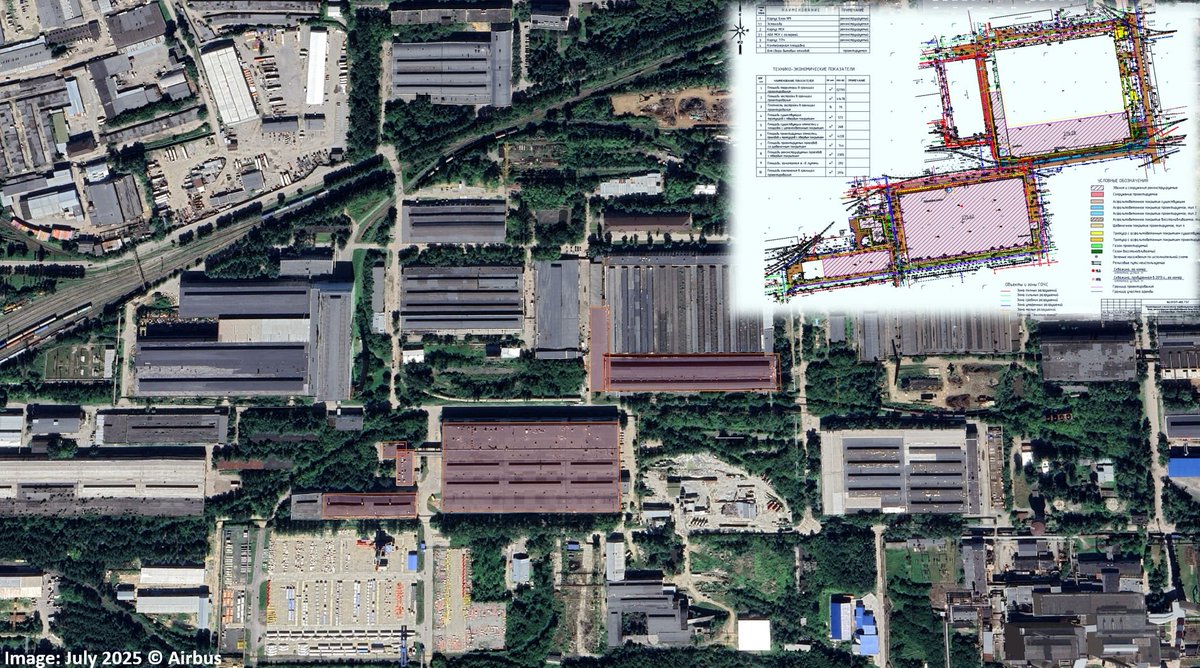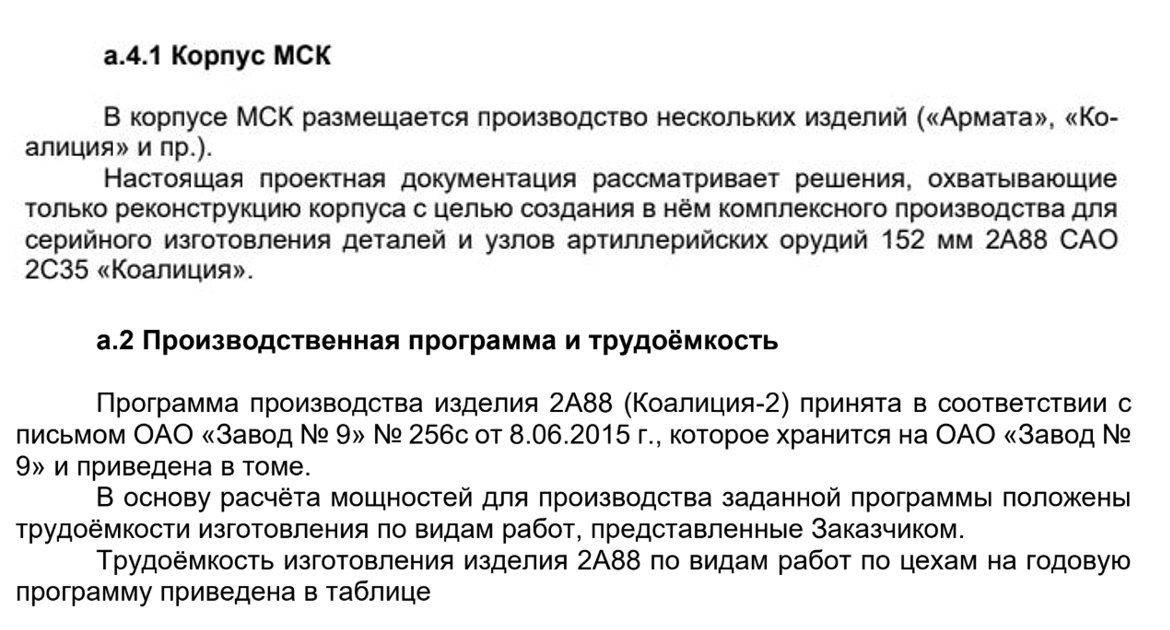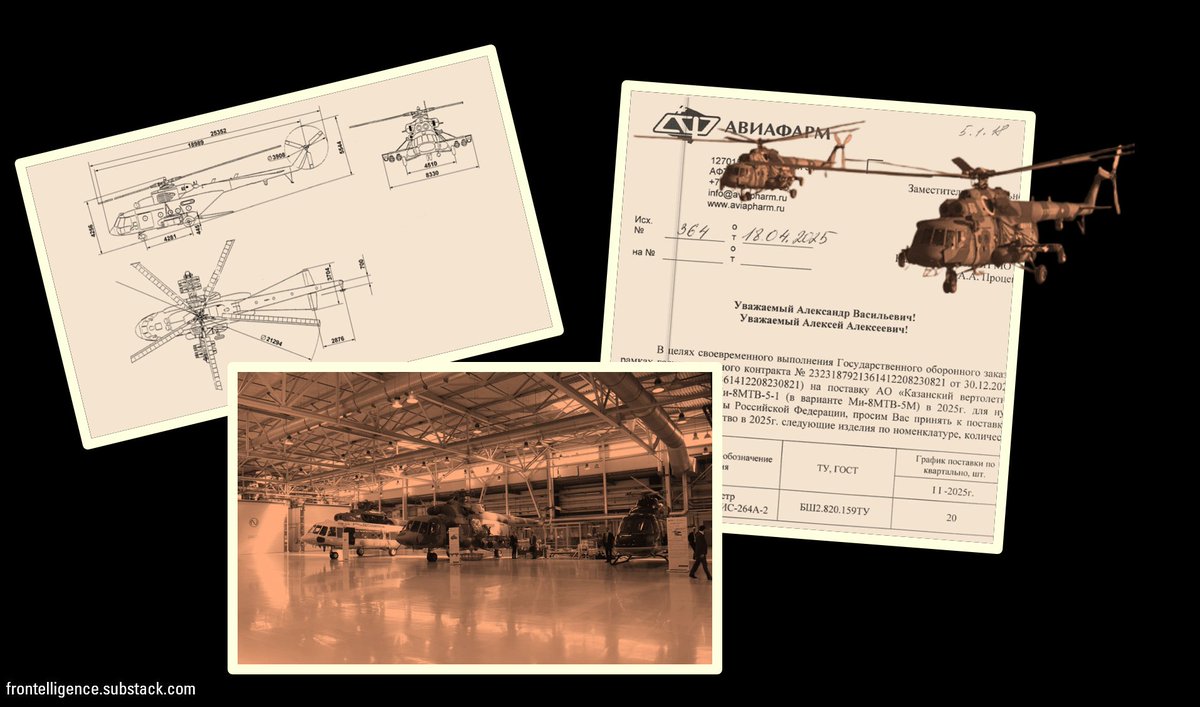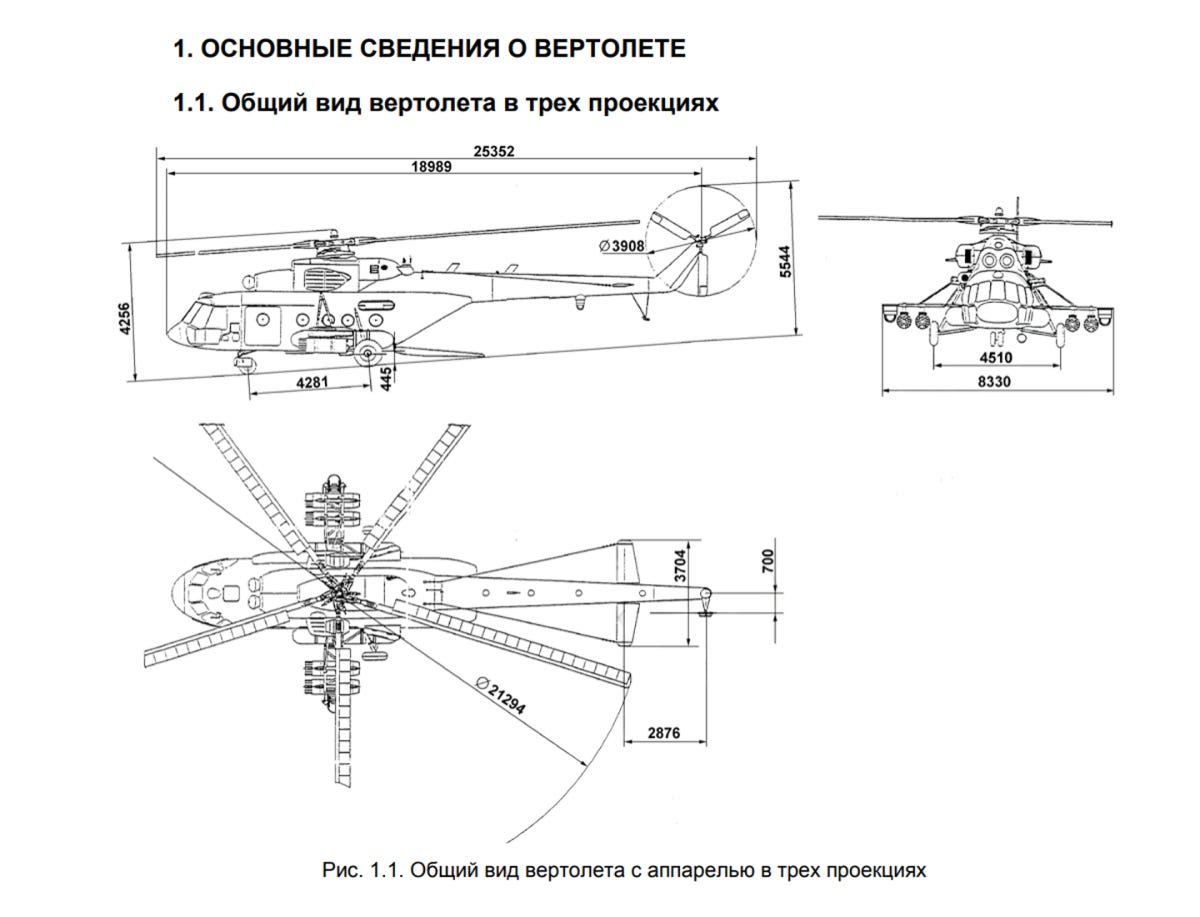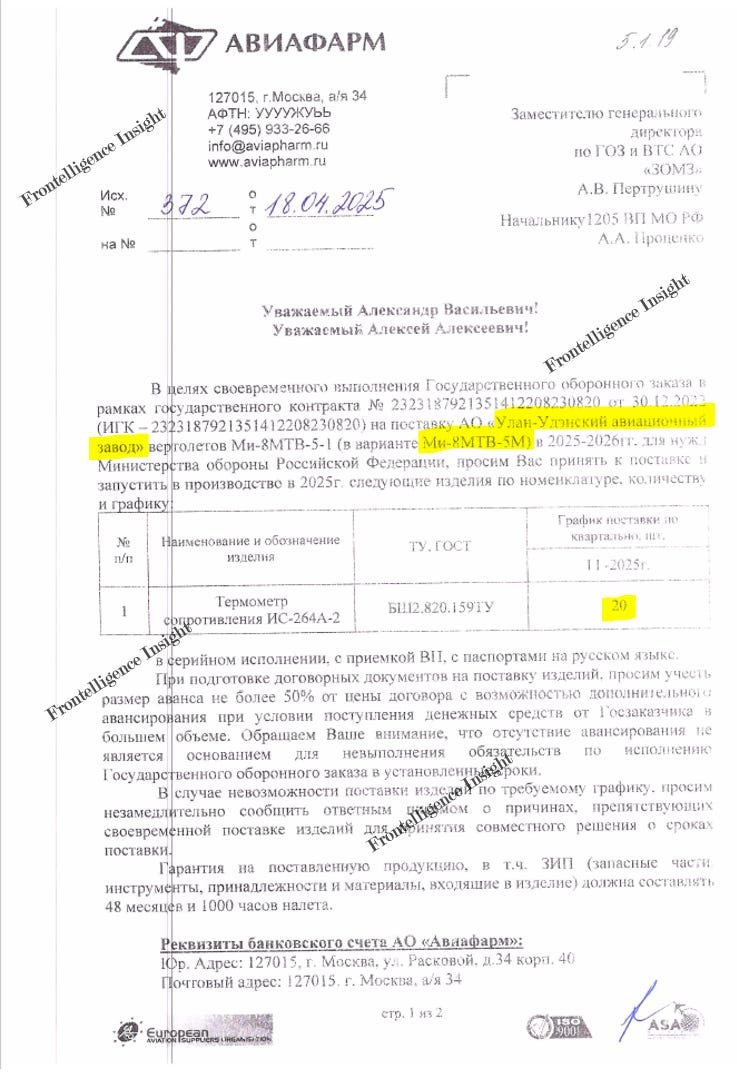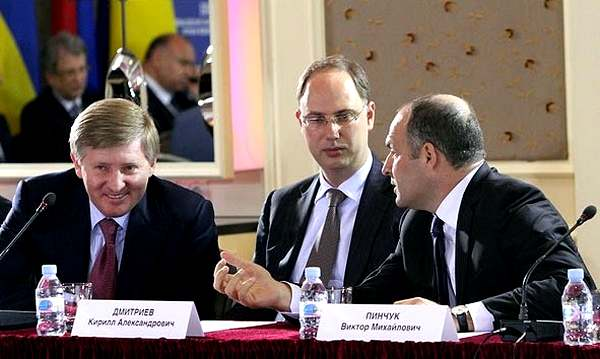🧵Thread:
For those seeking a greater understanding of the russian soldier's perspective on the war, motivation, and attitudes, I recommend reading this thread, as I decided to compile and generalize some materials.
For those seeking a greater understanding of the russian soldier's perspective on the war, motivation, and attitudes, I recommend reading this thread, as I decided to compile and generalize some materials.

2/ I was hesitant to publish this thread as I cannot provide the original evidence until the war is over. However, I feel it is important to share the information and allow readers to form their own opinions.
3/ The materials primarily consist of over a hundred conversations obtained from chat applications on the devices of deceased russian soldiers and confessions from some prisoners of war. While it may not be a representative sample, I want to discuss some noticeable commonalities.
4/ It may be surprising, but discussions among soldiers about topics such as the perceived NATO threat, denazification, world war, or other forms of patriotic propaganda frequently promoted on Russian television are not as prevalent as one might assume.
5/ It appears that for many soldiers and officers, this war is solely a source of financial gain, with little regard for the immoral acts they commit. In light of this, I have assembled a list, in no specific order, of subjects that Russian soldiers regularly converse about:
6/
- Upgrading their apartments with their spouses, making plans to trade an apartment and add more rooms.
- Buying cars for themselves or their spouses
- Paying off mortgages, car payments, or similar debts
- Paying off child support debts
- Upgrading their apartments with their spouses, making plans to trade an apartment and add more rooms.
- Buying cars for themselves or their spouses
- Paying off mortgages, car payments, or similar debts
- Paying off child support debts
- Getting a combat veteran ID to receive state benefits for the rest of the life
- Saving money to take their families on vacation by the sea.
- Getting new furniture, home electronics, smartphones
- Saving money to take their families on vacation by the sea.
- Getting new furniture, home electronics, smartphones
8/ It appears that a significant number of soldiers view the war as an opportunity to earn money, and frequently engage in casual conversations about their expected financial gains from the war. The following is a slightly edited conversation, which highlights this attitude:
09/ "We have been shelling the kho**ols (ethnic slur for Ukrainians) in the town for three days. If we finish them off soon, I hope that our commander will let me go home by the summer. With my salary, I should have enough savings so we can buy a new car and drive to the sea."
10/ Interestingly, these conversations sometimes intertwine with discussions about salary issues, as soldiers try to understand why they haven't received their compensation or why they received less than expected. However, the topic of payment deserves a separate conversation.
11/ It is misleading to claim that mobilized soldiers are victims of the war and had no choice. Conversations among soldiers suggest that few express criticism of the war itself. Instead, criticisms tend to focus on the perceived incompetence of the command
12/ or the perceived insufficient use of force to win. Some believe that they should "stop playing around" and just raze entire cities or conduct nuclear strikes so they can go home earlier. Keep that in mind when they will tell you about the "we just followed the orders" story.
• • •
Missing some Tweet in this thread? You can try to
force a refresh



